Dermatology and Laser - Dermatologic Treatments and Laser
- 18 February 2024
- 0 Comment
- Health Types
Dermatology is a medical specialty focused on diagnosing and treating conditions related to the skin, hair, nails and mucous membranes.
Dermatologists provide comprehensive care, addressing both medical and cosmetic concerns to improve the health and appearance of the skin, hair and nails. They customize treatment plans based on individual needs and goals, ensuring safe and effective outcomes. Dermatologists are trained to address a wide range of medical and cosmetic concerns. The scope of dermatologists services includes :
- Medical Dermatology: This involves the diagnosis and treatment of skin conditions with medical implications such as: Acne, Eczema, Psoriasis, Dermatitis, Infectious diseases (fungal and bacterial), Venerologic ilnesses and Skin cancers.
- Surgical Dermatology: Dermatologic surgeons perform procedures to remove skin lesions, moles, and skin cancers. They may also perform cosmetic procedures like mole removal or scar revision.
- Cosmetic Dermatology: This branch focuses on improving the appearance of the skin, hair and nails. It includes treatments such as:
- Botox and fillers for wrinkle reduction and facial rejuvenation.
- Chemical peels for exfoliation and skin texture improvement.
- Laser and light therapies for various skin concerns like acne, wrinkles and pigmentation issues.
- Microneedling for collagen induction and scar treatment.
- Hair restoration treatments for hair loss.
Some of the most effective treatments in beauty and aesthetics applied by dermatologists include:
- Botulinum Toxin (Botox): Used to temporarily relax muscles and reduce the appearance of wrinkles, particularly in the forehead, between the eyebrows and around the eyes.
- Dermal Fillers: Injectables such as hyaluronic acid fillers are used to add volume, smooth lines and enhance facial contours.
- Chemical Peels: These treatments use chemical solutions to exfoliate the skin, improve texture, reduce fine lines and treat pigmentation issues.
- Laser and Light Therapies: Various lasers and light-based treatments target specific skin concerns including acne, scars, pigmentation problems and hair removal.
- Microneedling with Radiofrequency (RF): This procedure involves tiny needles that create micro-injuries in the skin, stimulating collagen production and improving skin texture, scars and wrinkles. Adding RF energy enhances the results.
- Platelet-Rich Plasma (PRP) Therapy: PRP uses the patient’s own blood plasma, rich in growth factors, to stimulate collagen production and to promote tissue regeneration. It is used for facial rejuvenation, hair restoration and scar treatment.
Dermatological diseases encompass a broad range of conditions affecting the skin, hair, nails and mucous membranes. Some common dermatological diseases include:
- Acne: A common skin condition characterized by inflammation of the pilosebaceous units, resulting in pimples, blackheads and cysts, often affecting the face, chest and back.
- Eczema (Dermatitis): A group of conditions causing inflammation of the skin and resulting in redness, itching and blistering. Types include atopic dermatitis, contact dermatitis, and seborrheic dermatitis.
- Psoriasis: An autoimmune disease characterized by the rapid turnover of skin cells, leading to thickened, red, scaly patches on the skin often on the elbows, knees, scalp and lower back.
- Skin Cancer: Various types of skin cancer, including melanoma, basal cell carcinoma and squamous cell carcinoma, arise from abnormal growth of skin cells due to damage from ultraviolet (UV) radiation or other factors.
- Rosacea: A chronic inflammatory condition primarily affecting the facial skin, causing redness, flushing, visible blood vessels and sometimes papules and pustules.
- Fungal Infections: Infections caused by fungi, such as athlete’s foot (tinea pedis), ringworm (tinea corporis) and yeast infections (candidiasis).
- Viral Infections: Viruses can cause various dermatological conditions, including herpes simplex (cold sores), herpes zoster (shingles) and molluscum contagiosum.
- Allergic Reactions: Skin reactions can occur due to allergies to substances such as medications, foods, plant or chemicals, leading to conditions like hives, angioedema or contact dermatitis.
- Autoimmune Diseases: Conditions like lupus erythematosus and dermatomyositis involve the immune system attacking healthy tissues, resulting in skin rashes, inflammation.
- Hair Disorders: Conditions like alopecia areata (patchy hair loss), androgenetic alopecia (pattern baldness) and hirsutism (excessive hair growth) affect the scalp and body hair.
These are just a few examples of dermatological diseases, and there are many more conditions that dermatologists diagnose and treat. It is essential to seek medical attention from a dermatologist for proper diagnosis and management of any skin, hair or nail concerns.
Besides, laser treatments are commonly used to address various dermatological issues, including :
- Acne: Laser therapy can target and reduce acne by killing bacteria and reducing oil production.
- Scars: Both acne scars and surgical scars can be improved with laser treatments by stimulating collagen production and resurfacing the skin.
- Wrinkles and fine lines: Laser resurfacing can smooth out wrinkles and fine lines by stimulating collagen production and tightening the skin.
- Hyperpigmentation: Laser treatments can target excess melanin in the skin, reducing the appearance of dark spots and hyperpigmentation.
- Vascular lesions: Conditions like spider veins, broken blood vessels and rosacea can be treated with lasers that target and shrink blood vessels.
- Hair removal: Laser hair removal is a popular method for long-term reduction of unwanted hair on various parts of the body.
- Tattoo removal: Laser technology can break down tattoo ink particles, allowing the body to naturally remove them over time.
- Birthmarks: Certain types of birthmarks, such as port wine stains, can be lightened or removed with laser treatments.
It’s important to consult with a dermatologist or a licensed practitioner to determine the most suitable laser treatment for your specific dermatological concern.
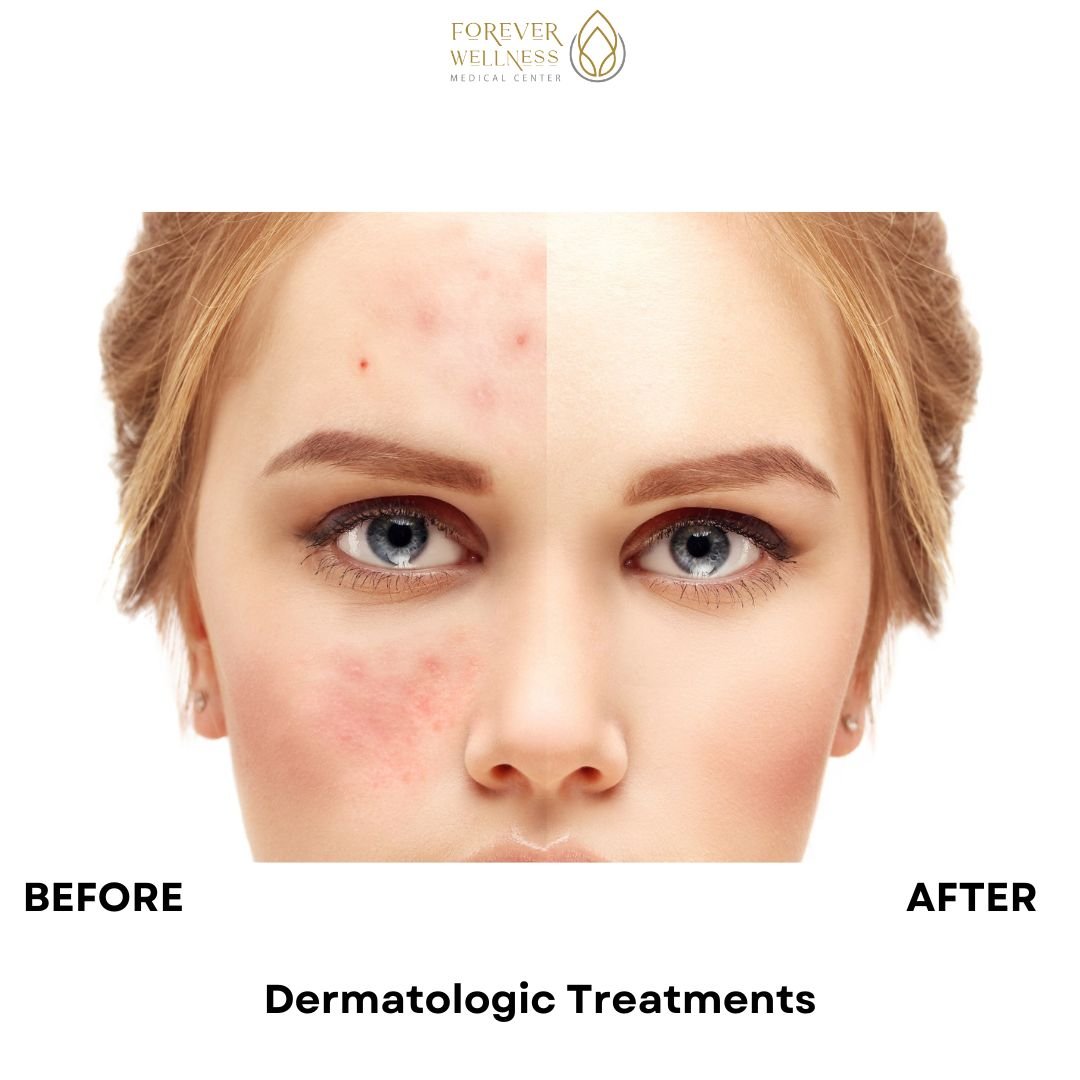


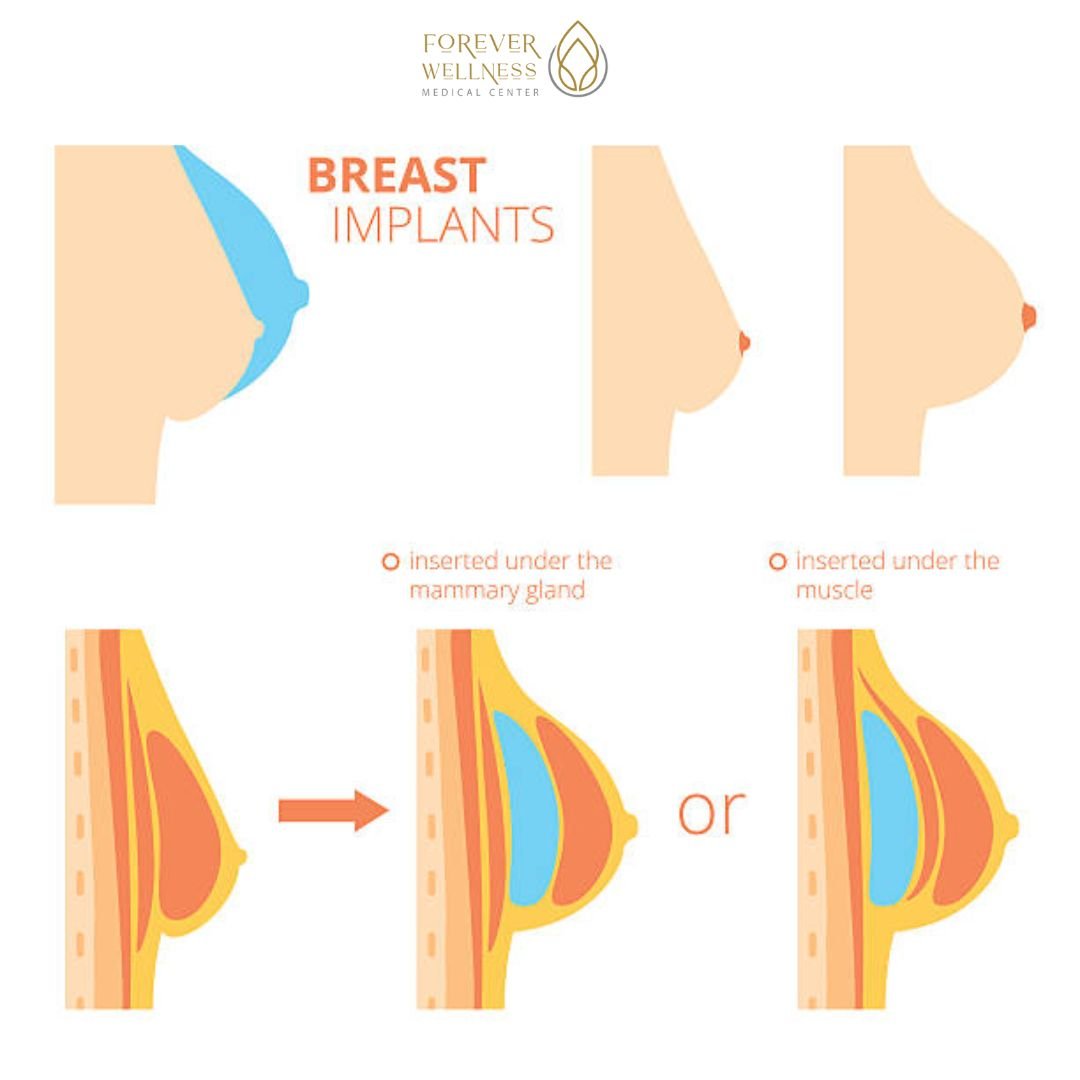

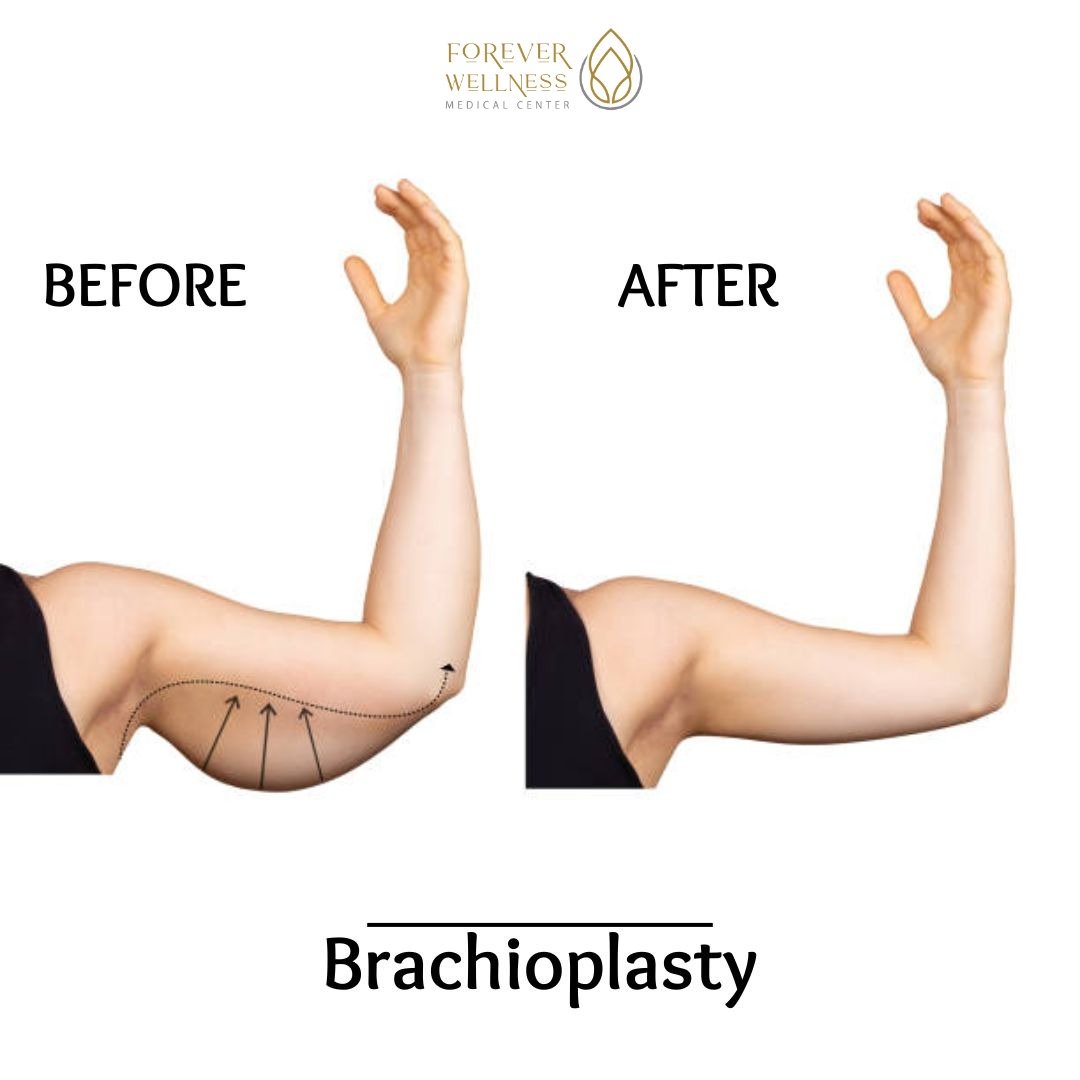
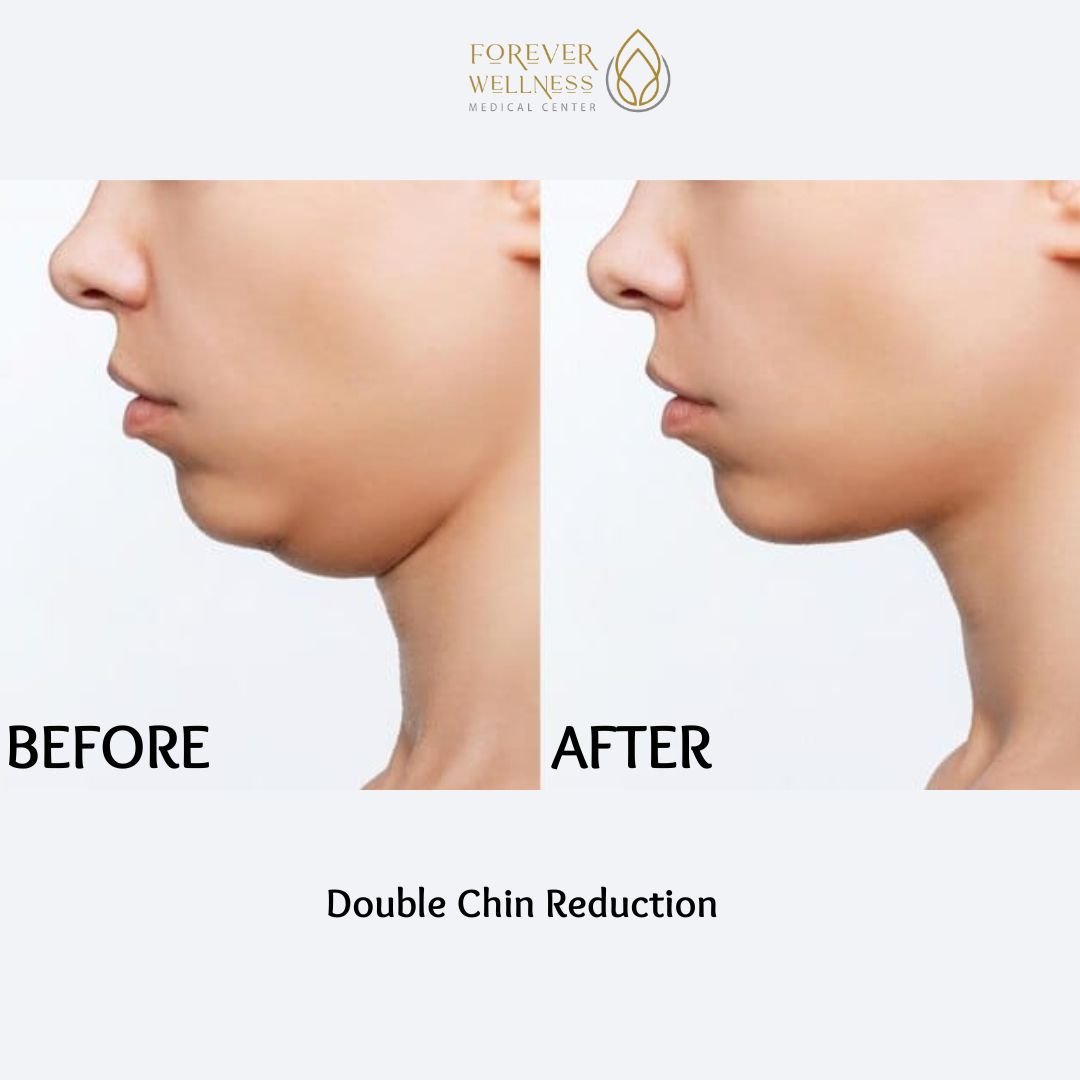
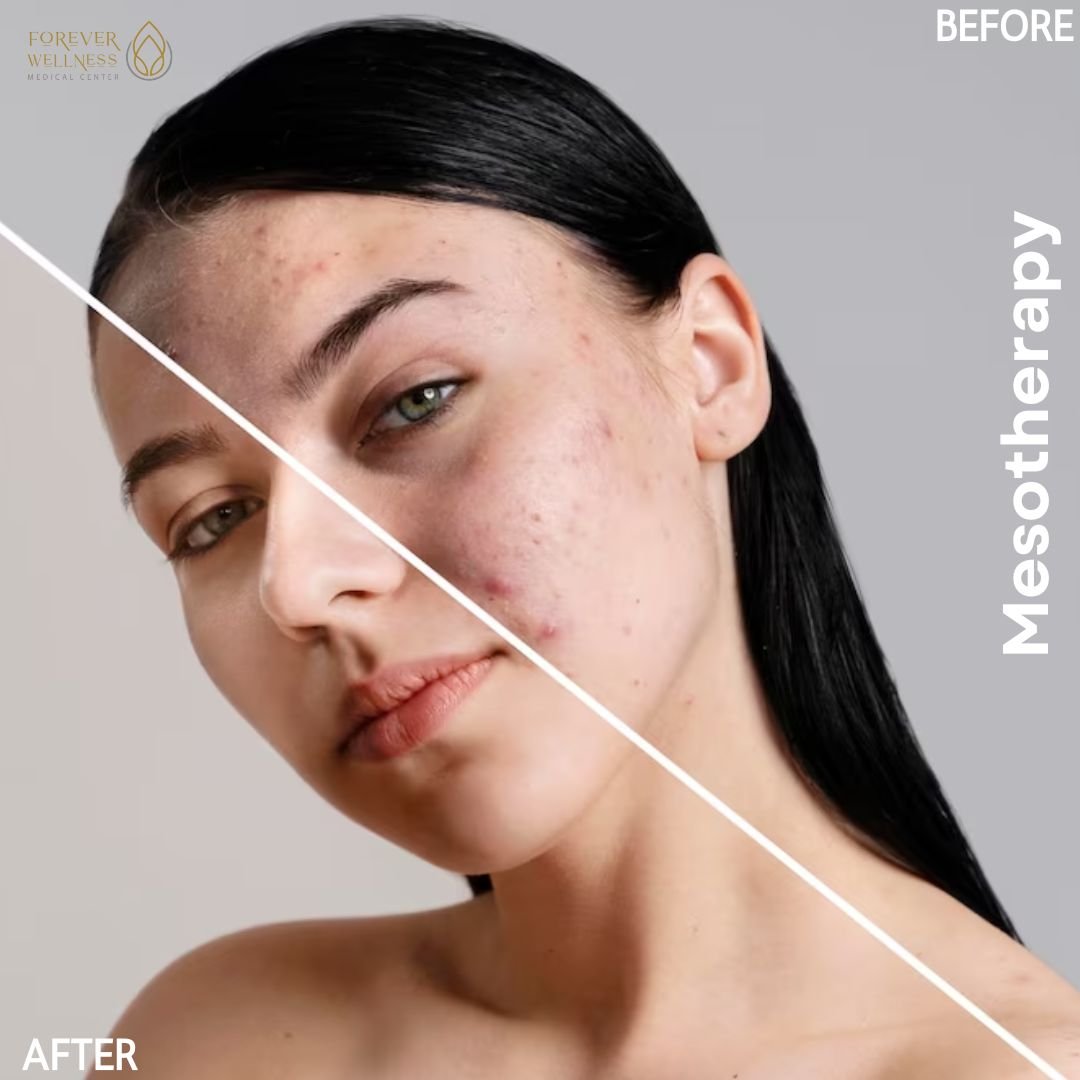
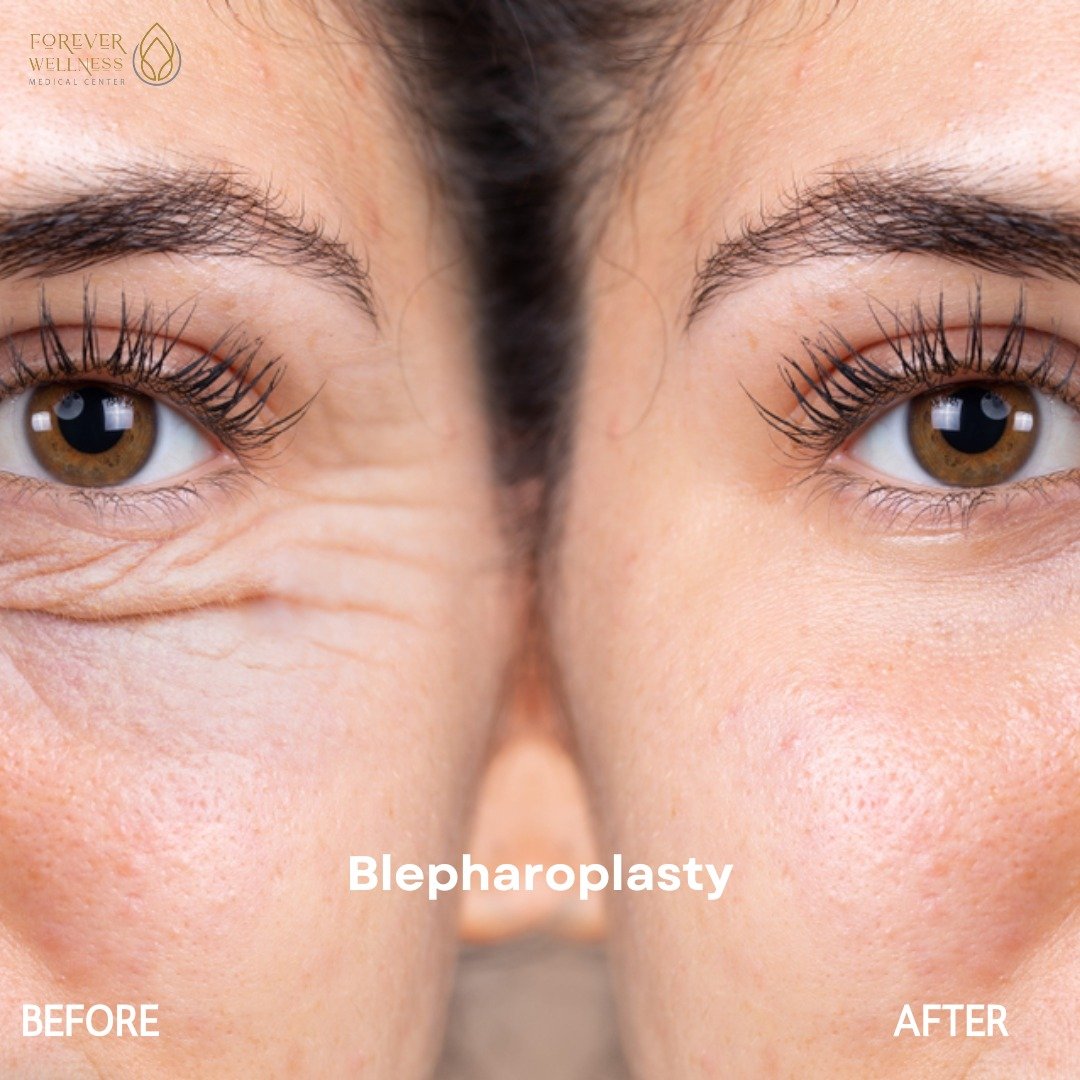
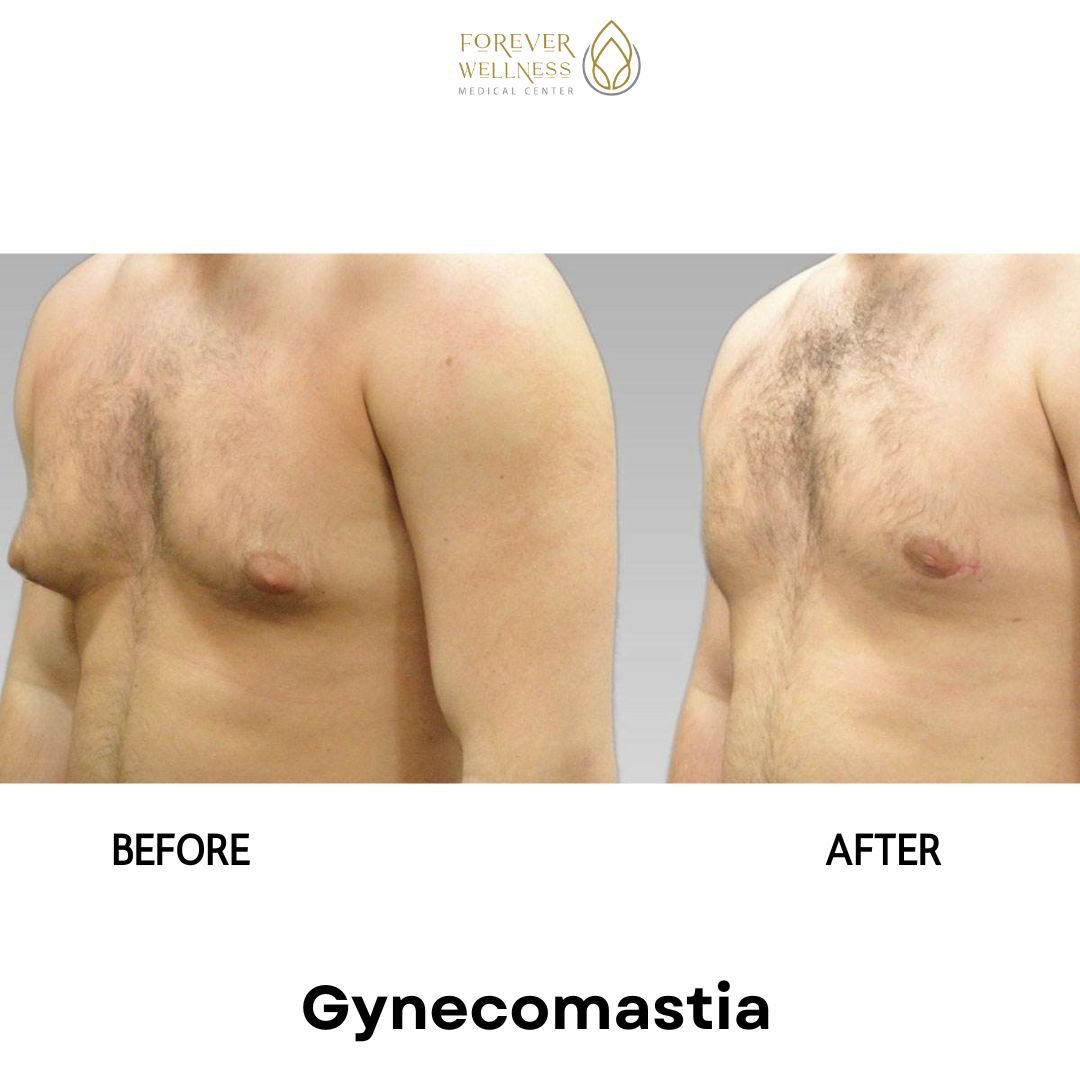


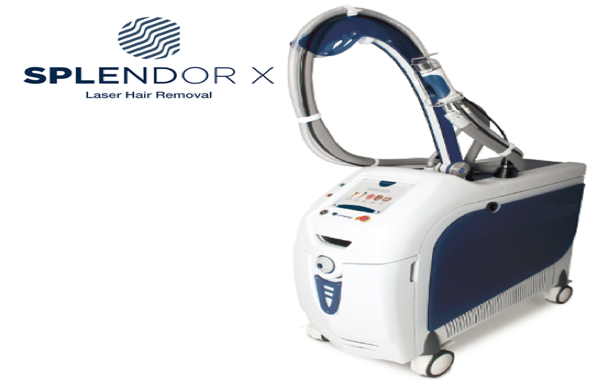
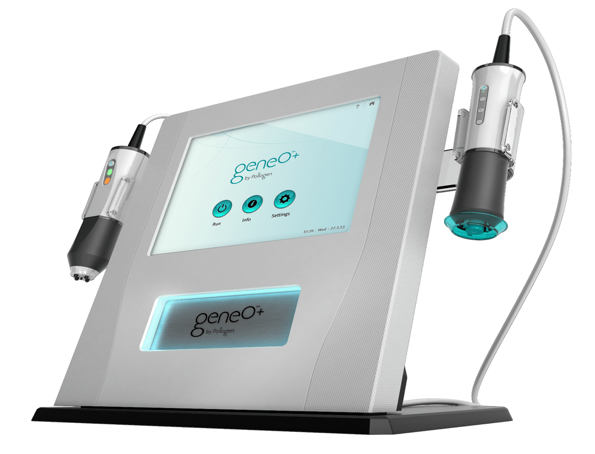

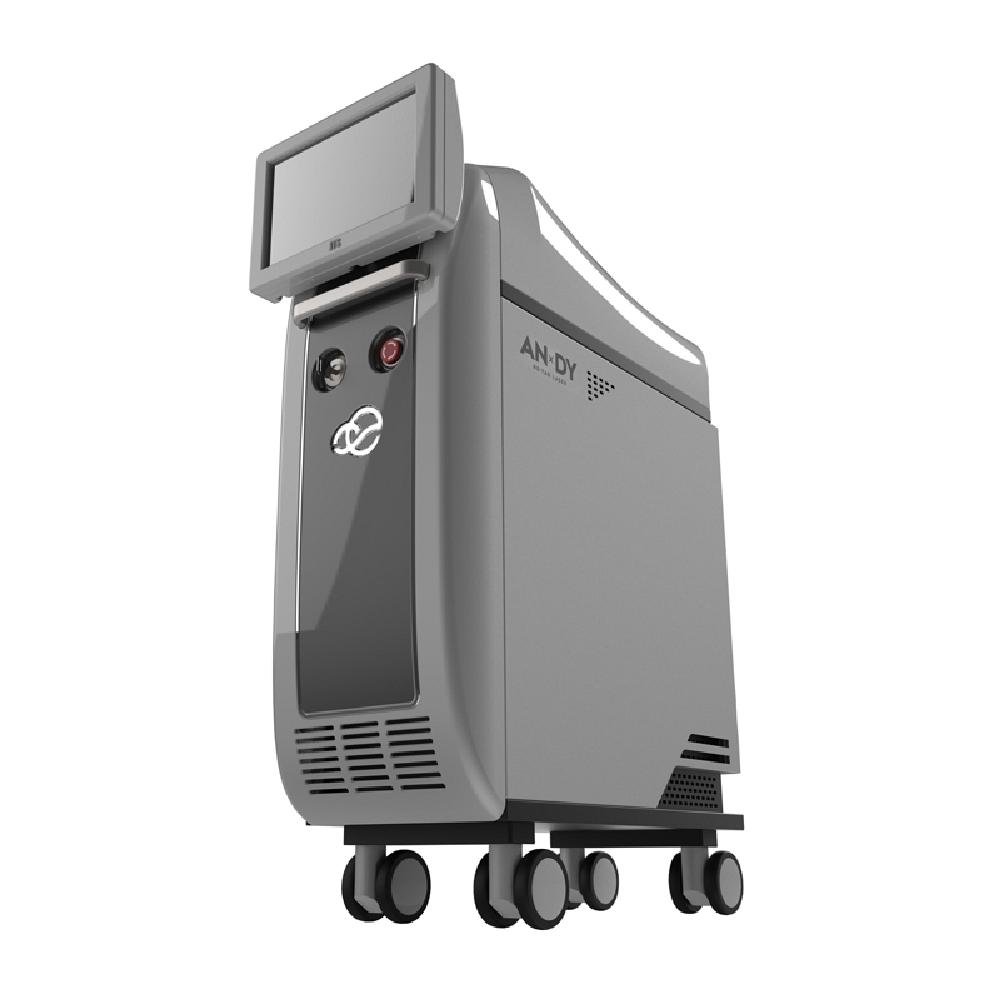
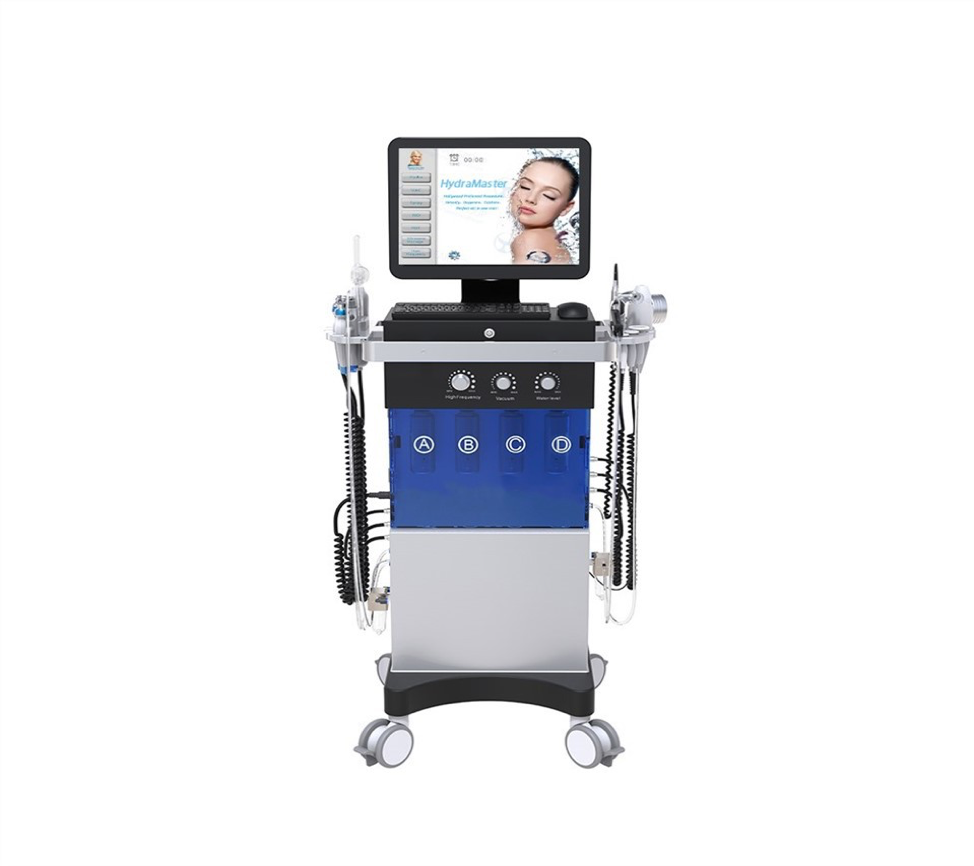

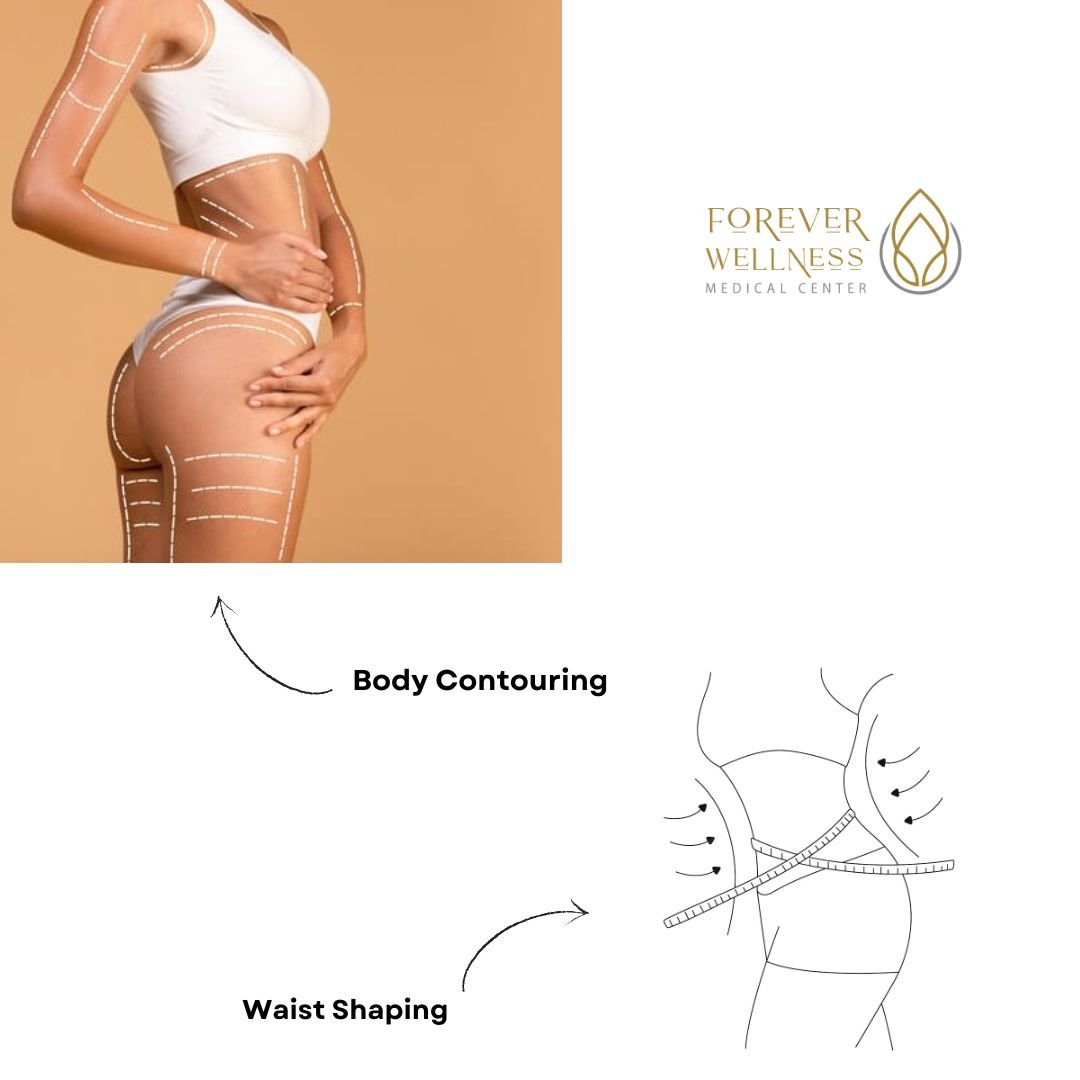
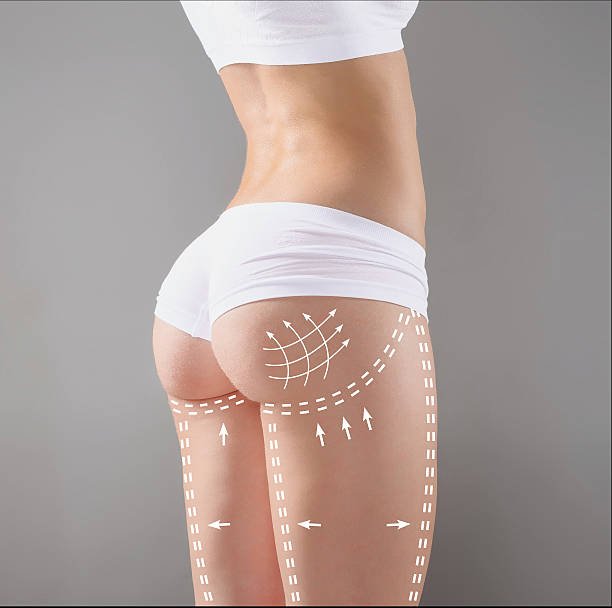
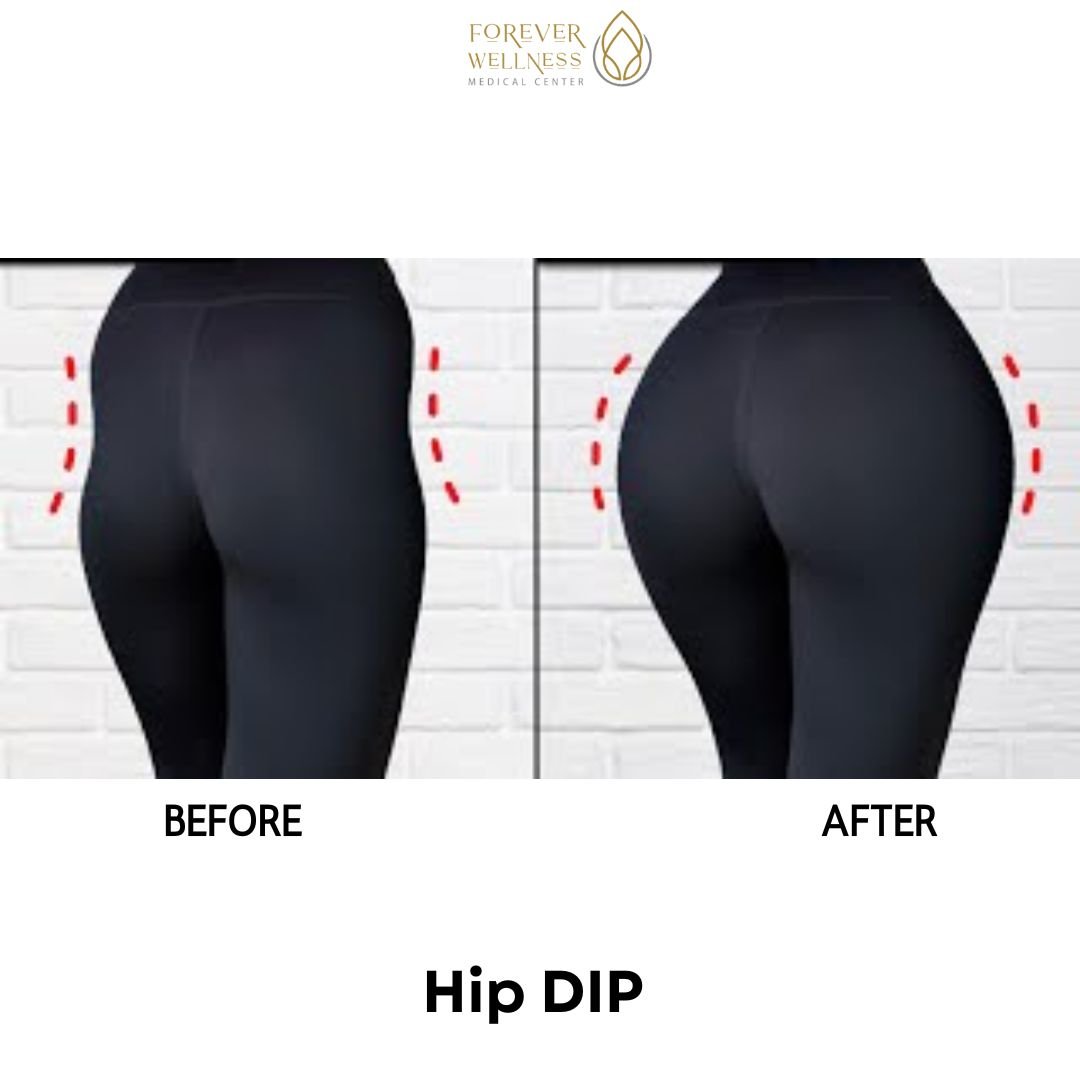
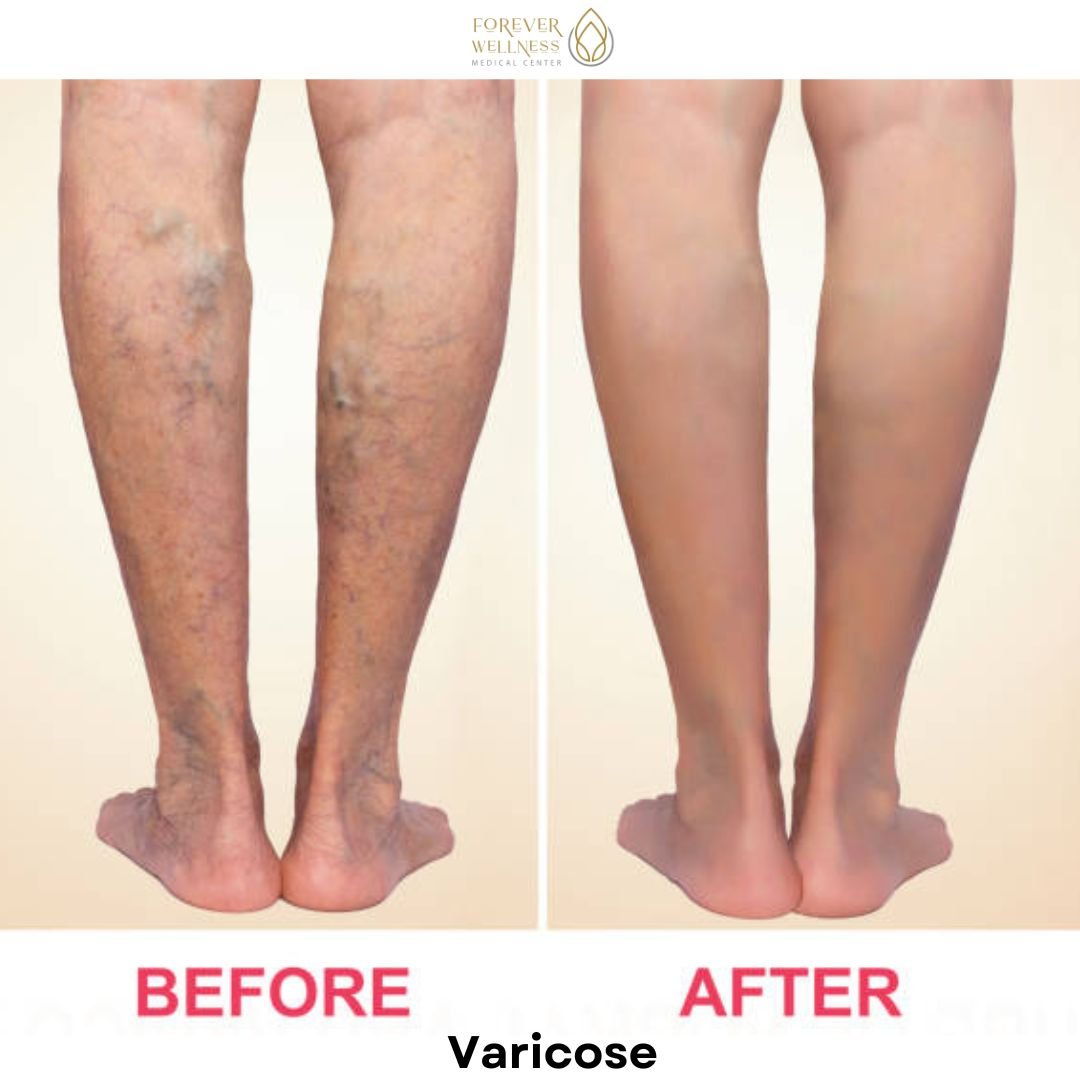
No Comments Found